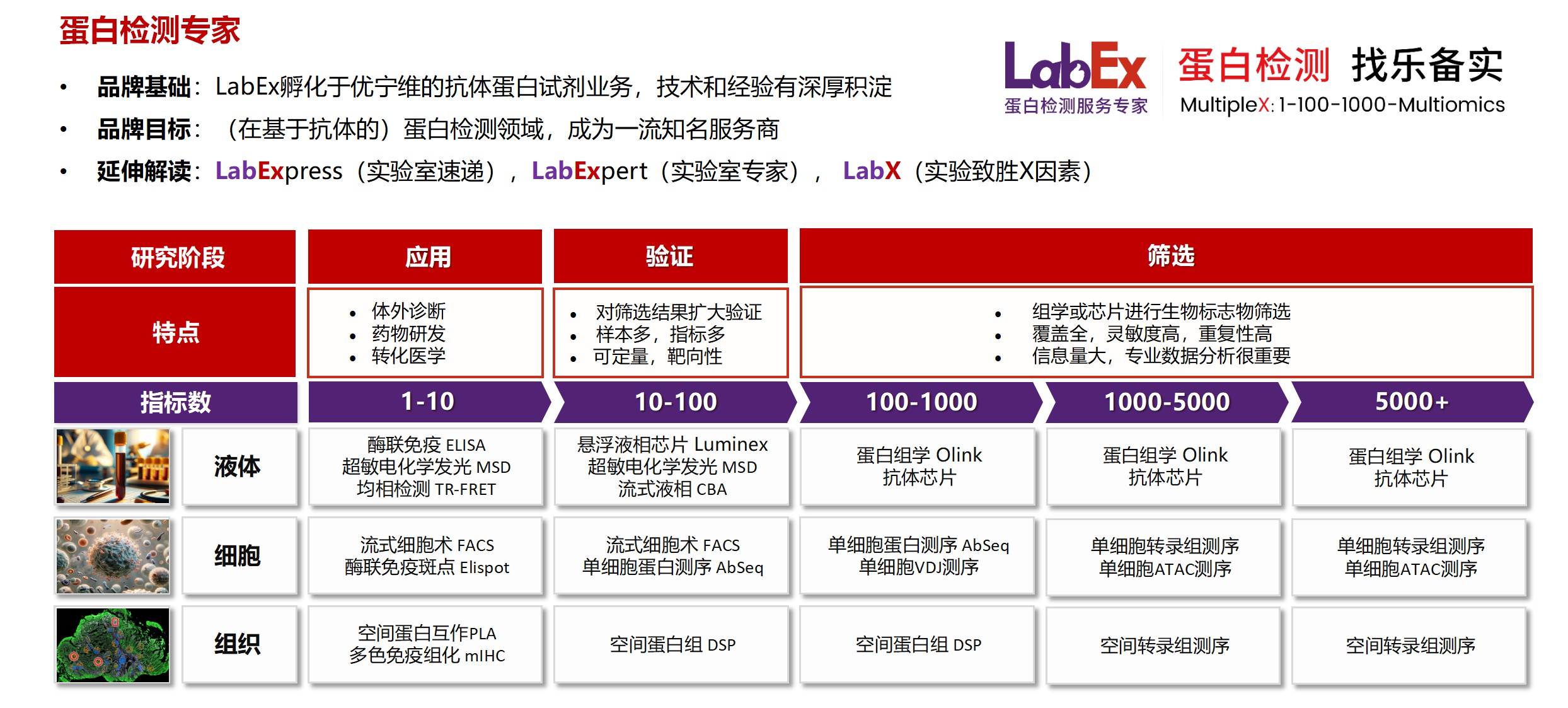WNT3a Signaling Inhibits Aromatase Expression in Breast Adipose Fibroblasts-A Possible Mechanism Supporting the Loss of Estrogen Responsiveness of Triple-Negative Breast Cancers
Estrogen-dependent breast cancers rely on a constant supply of estrogens and expression of estrogen receptors. Local biosynthesis, by aromatase in breast adipose fibroblasts (BAFs), is their most important source for estrogens. Triple-negative breast cancers (TNBC) rely on other growth-promoting signals, including those from the Wnt pathway. In this study, we explored the hypothesis that Wnt signaling alters the proliferation of BAFs, and is involved in regulation of aromatase expression in BAFs. Conditioned medium (CM) from TNBC cells and WNT3a consistently increased BAF growth, and reduced aromatase activity up to 90%, by suppression of the aromatase promoter I.3/II region. Database searches identified three putative Wnt-responsive elements (WREs) in the aromatase promoter I.3/II. In luciferase reporter gene assays, promoter I.3/II activity was inhibited by overexpression of full-length T-cell factor (TCF)-4 in 3T3-L1 preadipocytes, which served as a model for BAFs. Full-length lymphoid enhancer-binding factor (LEF)-1 increased the transcriptional activity. However, TCF-4 binding to WRE1 in the aromatase promoter, was lost after WNT3a stimulation in immunoprecipitation-based in vitro DNA-binding assays, and in chromatin immunoprecipitation (ChIP). In vitro DNA-binding assays, ChIP, and Western blotting revealed a WNT3a-dependent switch of nuclear LEF-1 isoforms towards a truncated variant, whereas β-catenin levels remained unchanged. This LEF-1 variant revealed dominant negative properties, and most likely recruited enzymes involved in heterochromatin formation. In addition, WNT3a induced the replacement of TCF-4 by the truncated LEF-1 variant, on WRE1 of the aromatase promoter I.3/II. The mechanism described here may be responsible for the loss of aromatase expression predominantly associated with TNBC. Tumors with (strong) expression of Wnt ligands actively suppress aromatase expression in BAFs. Consequently a reduced estrogen supply could favor the growth of estrogen-independent tumor cells, which consequently would make estrogen receptors dispensable. In summary, canonical Wnt signaling within (cancerous) breast tissue may be a major factor controlling local estrogen synthesis and action.Keywords: LEF-1 (lymphoid enhancer binding factor 1); TCF-4 (T-cell factor 4); Wnt signaling; aromatase; breast adipose fibroblast; breast cancer; gene regulation; β-catenin.
乐备实(上海优宁维生物科技股份有限公司旗下全资子公司),是国内专注于提供高质量蛋白检测以及组学分析服务的实验服务专家,自2018年成立以来,乐备实不断寻求突破,公司的服务技术平台已扩展到单细胞测序、空间多组学、流式检测、超敏电化学发光、Luminex多因子检测、抗体芯片、PCR Array、ELISA、Elispot、PLA蛋白互作、多色免疫组化、DSP空间多组学等30多个,建立起了一套涵盖基因、蛋白、细胞以及组织水平实验的完整检测体系。
我们可提供从样本运输、储存管理、样本制备、样本检测到检测数据分析的全流程服务。凭借严格的实验室管理流程、标准化实验室操作、原始数据储存体系以及实验项目管理系统,已经为超过3000家客户单位提供服务,年检测样本超过100万,受到了广大客户的信任与支持。

声明:本篇文章在创作中部分采用了人工智能辅助。如有任何内容涉及版权或知识产权问题,敬请告知,我们承诺将在第一时间核实并撤下。
详见LabEx网站(
www.u-labex.com)或来电咨询!
基因水平:PCR Array、RT-PCR、PCR、单细胞测序
蛋白水平:MSD、Luminex、CBA、Elispot、Antibody Array、ELISA、Sengenics
细胞水平:细胞染色、细胞分选、细胞培养、细胞功能
组织水平:空间多组学、多重荧光免疫组化、免疫组化、免疫荧光
数据分析:流式数据分析、组化数据分析、多因子数据分析
基因水平:PCR Array、RT-PCR、PCR、单细胞测序
蛋白水平:MSD、Luminex、CBA、Elispot、Antibody Array、ELISA、Sengenics
细胞水平:细胞染色、细胞分选、细胞培养、细胞功能
组织水平:空间多组学、多重荧光免疫组化、免疫组化、免疫荧光
数据分析:流式数据分析、组化数据分析、多因子数据分析
联系电话:4001619919
联系邮箱:labex-mkt@u-labex.com
公众平台:蛋白检测服务专家
联系邮箱:labex-mkt@u-labex.com
公众平台:蛋白检测服务专家

本网站销售的所有产品及服务均不得用于人类或动物之临床诊断或治疗,仅可用于工业或者科研等非医疗目的。










 沪公网安备31011502400759号
沪公网安备31011502400759号
 营业执照(三证合一)
营业执照(三证合一)


